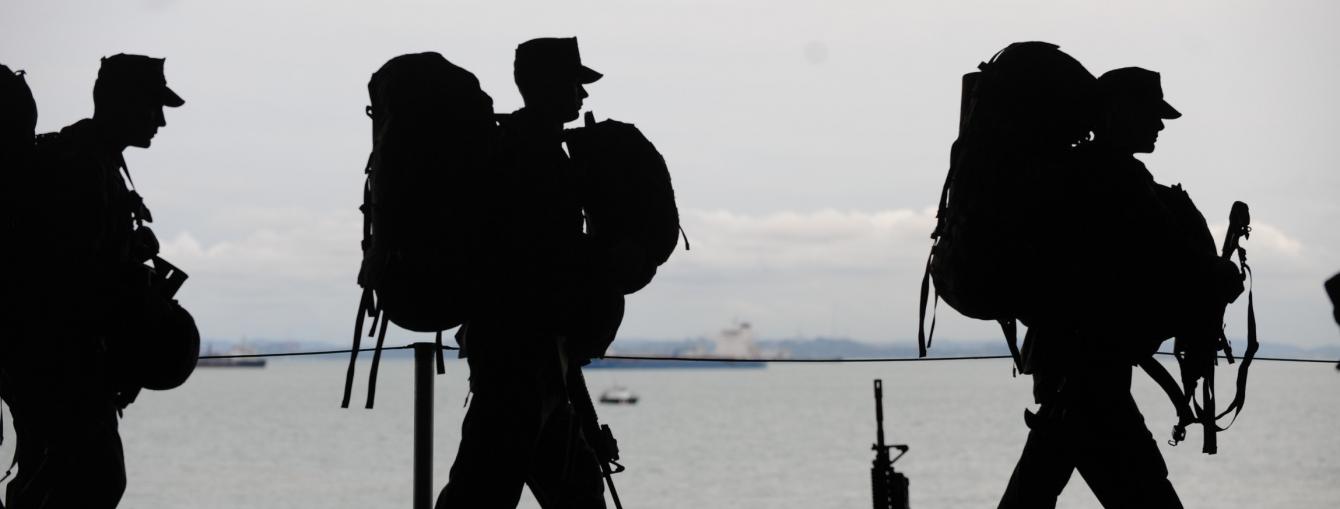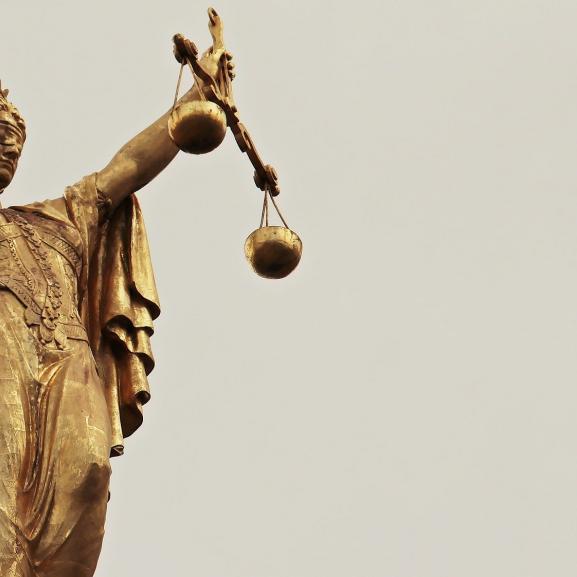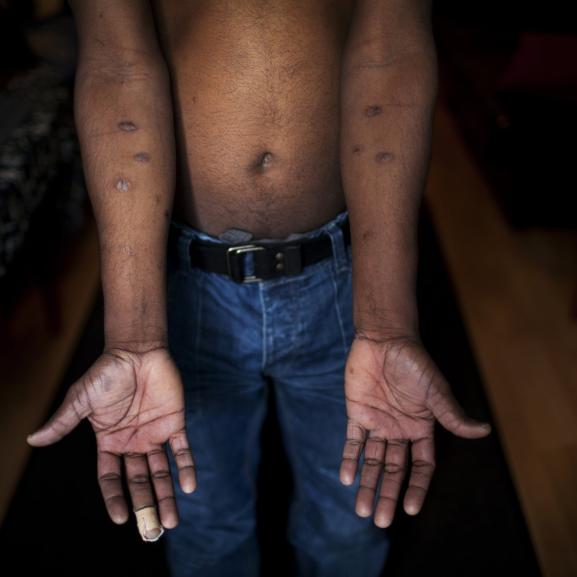ICC report on UK abuses in Iraq highlights dangers of new Bill which puts time limits on justice
The decision by the Prosecutor of the International Criminal Court to close a preliminary investigation into alleged war crimes committed by British troops in Iraq highlights why it is important that UK continues to provide domestic accountability avenues for the alleged crimes, given the seriousness of the abuse allegations. Justice for those that deserve it will not be achieved otherwise.
In a 184-page report released on 9 December, the ICC prosecutor Fatou Bensouda found a reasonable basis to believe that members of the British armed forces “committed the war crimes of wilful killing, torture, inhuman/cruel treatment, outrages upon personal dignity, and rape and/or other forms of sexual violence.”
The government’s new Overseas Operations Bill, which comes to the House of Lords in January, allows for impunity for war crimes, including torture, after five years. The findings of the ICC make clear that the risks associated with this are high.
UK has repeatedly emphasised the widespread “vexatious claims. The prosecutor said, however, that that the fact that allegations investigated by the UK authorities did not result in prosecutions “does not mean that these claims were vexatious”, but was in large part due “to “inadequacies of the initial investigations”.
As the Court’s report makes clear, it is vitally important for survivors that avenues for justice are available. The UK should not be legislating to shut these down.
The findings by the Office of the Prosecutor calls into question the argument repeatedly made by the UK government that British soldiers are subject to vexatious claims. It is the reason the government gives for introducing legislation to put obstacles in the way of prosecuting the very crimes outlined in this report.
“The Office has found untenable the proposition that these various processes all arose from vexatious claims,” the ICC Prosecutor said in her statement. She also criticised statements made by former Prime Minister Theresa May as well as Defence Secretaries Penny Mordaunt and Ben Wallace who suggested that claims brought by lawyers against the government were “spurious” and “totally without foundation”.
The prosecutor pointed out that institutional failures at the very highest levels contributed to an environment where these abuses could take place.
The ICC Prosecutor pointed to flaws in the wording of the proposed legislation, noting that “The UK’s assurance that “all allegations of serious offences, including those within the jurisdiction of the Court, will be investigated and, where appropriate, prosecuted” would be clearer, for example, if the crimes within the jurisdiction of the Court were set out in the exceptions section of the draft legislation.” (para 477) A call that Freedom from Torture has been making to parliamentarians. Under current wording, crimes associated with rape and sexual violence are excluded from the proposed “presumption against prosecution” after five years, but torture and other war crimes are not.
Although the Prosecutor declined to continue with the investigation, she does note that her office will continue to “monitor the development of this proposed legislation and its impact which may cause it to revisit its assessment in the light of new facts or evidence.” (para 479)
The prosecutor’s finding clearly shows that British troops in Iraq were responsible for some extremely serious crimes. Yet, if the Overseas Operations Bill is passed, if similar crimes are brought to light, the perpetrators will possibly evade justice, under the proposed new five-year rule.
Despite the evidence brought to light and highlighted in this report, only a small number of prosecutions related to Iraq and Afghanistan have been brought by UK authorities. No senior commanders or politicians have been found accountable at all.
The UK is obliged under international law to prosecute serious crimes, such as those highlighted in this report. At the moment, the ICC is trusting the UK’s commitment to its obligations. But it has indicated that it is willing to step in if the UK shows that it is no longer willing to live up to its obligations. We hope that the UK will not allow that to happen.







